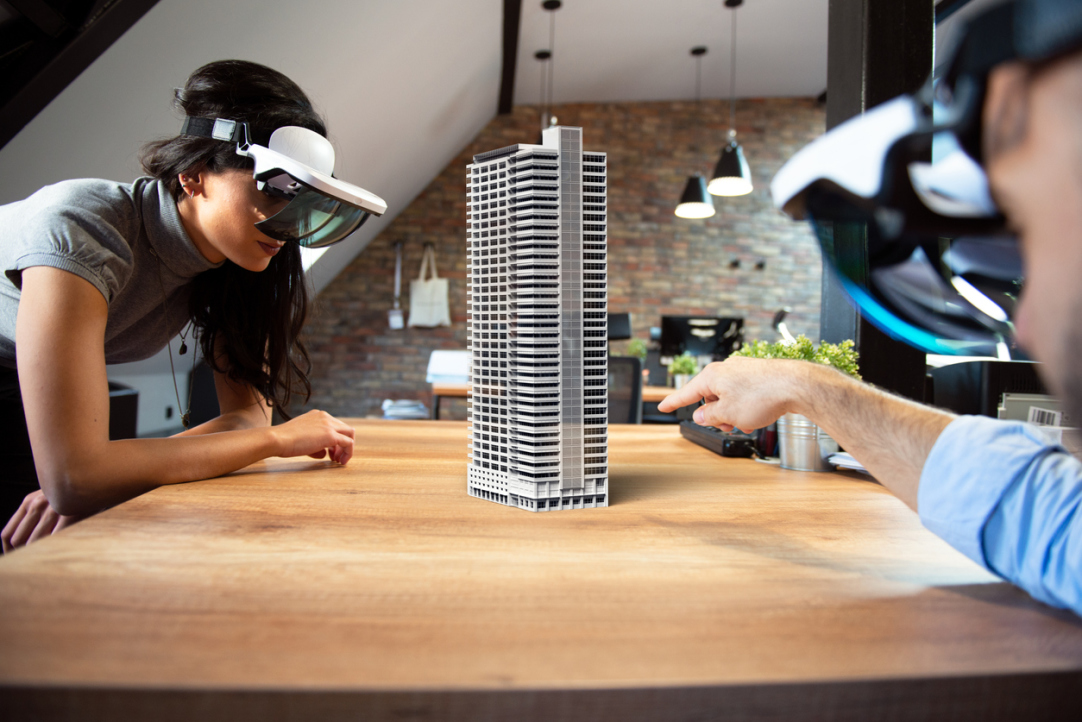From Games to Models and Cases: New Tools for Online Learning

According to HSE Director for eLearning Evgenia Kulik, by introducing modern gaming software, virtual simulators, scenario tests, and VR components into online courses, ‘HSE is actively developing new forms of teacher-student interaction in online courses to increase student engagement, motivation, and the quality of education.’
The first new gaming software that was integrated into a course at HSE University was the Smart City simulation game. It was used for the course, ‘Digital Transformation of Megapolises: From Zero to #1 in UN Digital e-Government Ranking’, which was launched on Coursera in March 2020.
The course demonstrated to students that digitalization is much more than the sum of concepts like ‘startup’, ‘agile’, and ‘scrum’. ‘The digitalization of a city is a massive invisible endeavor to create full-fledged digital systems in all areas of the urban economy and informational and technical architecture that can handle hundreds of millions of transactions,’ explains Andrey Zhulin, Director of the Institute for Public Administration and Governance of HSE University.
The creators of the course, Artyom Ermolaev and Andrey Belozerov, note that the new simulation game, which has become an integral part of the course, is built on real experience: the simulation includes capabilities that real teams developing digital cities have. The game allows students to not only see and understand how the knowledge they gain in the course can be applied in practice, but to develop innovative areas by solving various issues of urban digitalization that urban planners and managers encounter in real life.
Commissioned by the HSE eLearning Office and Digital Office, the game was created by the winning team of the HSEonline Challenge 2019 hackathon for designers and gamification developers with the direct participation of Ermolaev and Belozerov. Although the game is part of the course, all of the project participants (the course creators, the invited experts, and developers) had to go beyond the confines of the course in order to adapt the game materials and their own knowledge to the new format. And since the online learning industry is distinguished by constant change and digital flexibility, they were able to find and refine mechanisms for embedding game content into educational content, so that the course ‘played’ out in a new way.
The project team hopes that a statistical analysis of the game will allow them to make the ‘Digital Transformation of Megapolises’ course even more interesting, and that other online courses in HSE programmes can learn from their experience and integrate gaming software as well.
Another example of how innovative technologies can be successfully incorporated into online courses is the course, ‘Reforming the Industry: The Case of the Russian Electricity Industry’. In the course, students go from theory to real case modeling by using a scenario test platform that was developed on the basis of a decision tree.
The content of the scenario test is created by industry experts or case authors. Moreover, in the test, each subsequent question depends on the student's answer to the previous one, and the sequence of questions and answers is a coherent logical reasoning.
Scenario tests combine two goals: diagnostics and teaching. This combination fundamentally distinguishes them from, for example, the adaptive tests used in most courses where an individual selection of tasks for a student is not conditioned by logic, but by the result of solving a task of a certain level of difficulty.
Both scenario tests and game simulators help students further develop their soft skills – that crucial set of flexible, professional, adaptive skills that allow them to work on various tasks in distributed and cross-functional teams in life and on the job.
See also:
New Recording Studio Opens at HSE University
The digitalization of education would be impossible without the introduction of new technologies. FBM’s modern video studio—based on Jalinga software that Russian specialists created for distance learning—enables teachers and students to record lectures and transmit online broadcasts unassisted.


